- No categories
- About
- Subscribe Now
- New York,

It is important to determine what marketing campaigns and platforms convert the most customers and generate the most revenue.

The shift from generic placements to contextually relevant ad pods is not just a technological upgrade.

Not every shopper’s behavior matters equally when it comes to evaluating who the high-value and low-value customers will be over time.
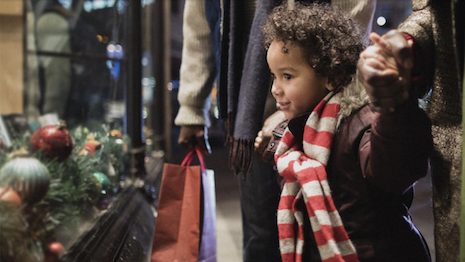
As marketers, our reflex is to get returners to purchase something else ASAP. That is not always going to drive the most lifetime value or retain the customer.

For advertisers, the question of putting in the best possible prompts that will lead to more performant content will be absolutely critical.
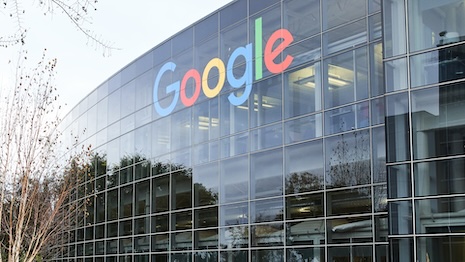
With Chrome finally closing the book on cookies, retailers must find effective alternatives to compete.

The latest figures from Adobe Analytics show that from November to December 2023, U.S. consumers spent more than $222 billion while shopping online.

The impact of the brand message is larger, more important by association in non-mobile environments.

The online retail landscape is not without its challenges, and the Federal Trade Commission has recently spotlighted one such case involving Hey Dude Inc., an online shoe retailer.

One could argue the CMO has to be the most well-rounded member of the C-suite, able to hold court with technical people as well as with non-technical people, across all areas of the business as well as the industry as a whole.
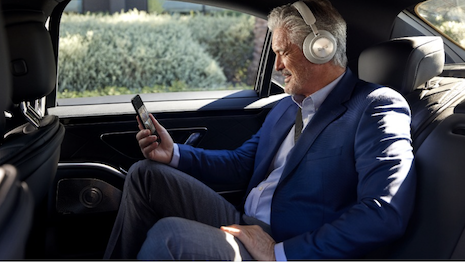
More than a strategy, customer obsession is a business model.

The best way to identify purpose is not making up a new one but rediscovering the reason for the brand’s existence in the first place. What problem was it created to solve? Why?

In a weird twist of human nature, we overestimate the threats and underestimate our strengths in a typical SWOT analysis.
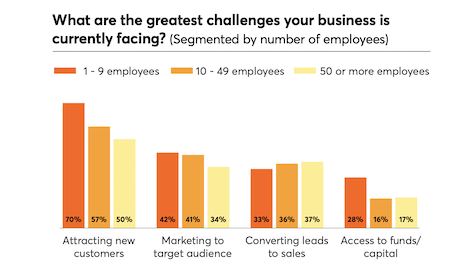
Seventy percent of small businesses would be willing to pay more to access AI and automation.

These days, there is almost always a robotic gatekeeper standing between your resume and an actual human’s eyeballs.

Making decisions based on internal opinion versus getting an objective, outside view from relevant prospects and customers has led more than one company to throw good money after bad on product development and marketing.
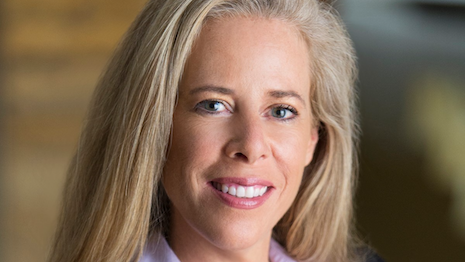
Regulators have taken a statute that focused on bricks-and-mortar locales and applied it to digital goods and services, such as websites, mobile applications, kiosks and other technology.

Understanding where each customer is in their purchasing journey and where they are getting stuck or abandoning the experience is a huge benefit to retailers.

While there are a multitude of applications for generative AI, marketing is one of the areas that has made the greatest inroads while still being susceptible to the greatest risks.

Information and communications technology alone will comprise almost 14 percent of the world’s total carbon emissions by 2040 – up from just 1.5 percent in 2007.

Rather than looking top down to start with brand visibility, Tesla and Airbnb looked bottom up to start with consumers.